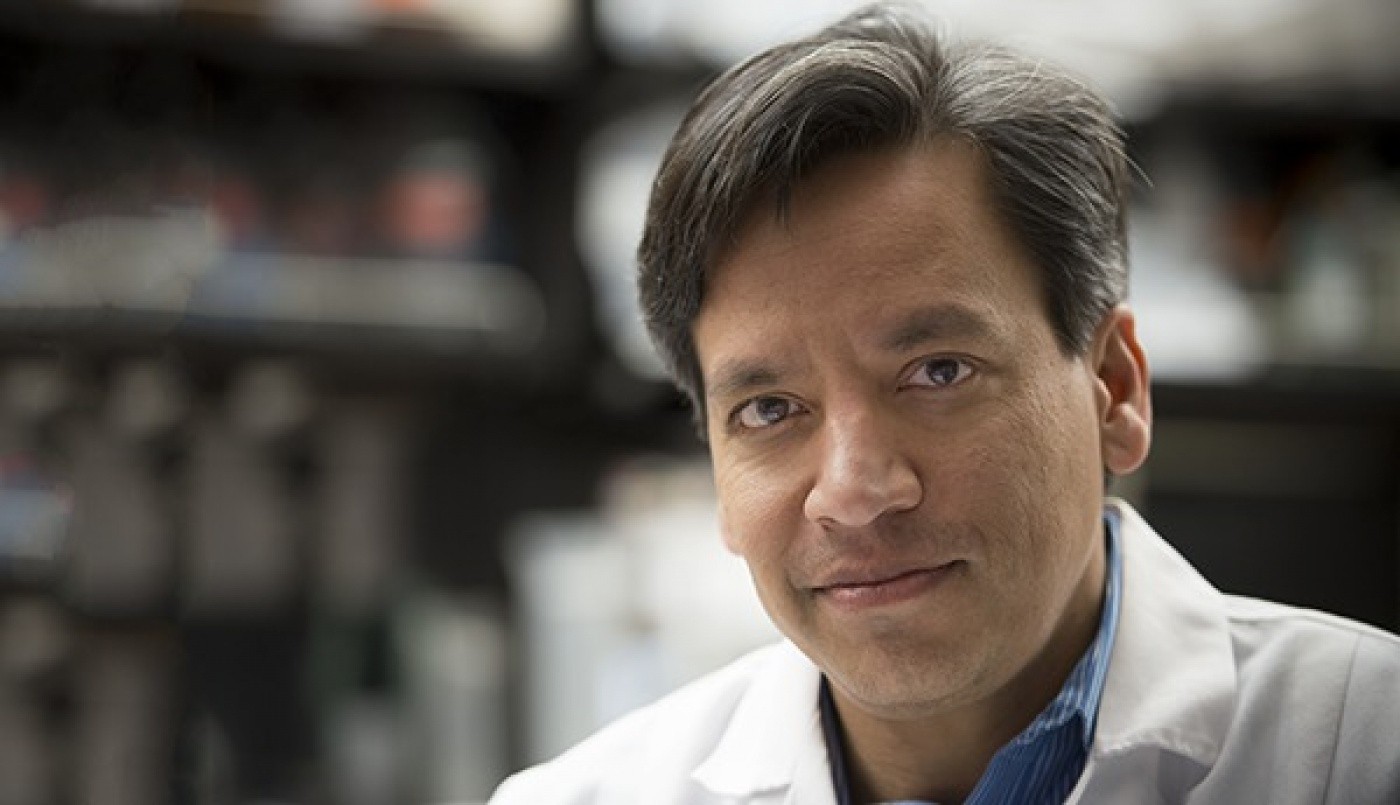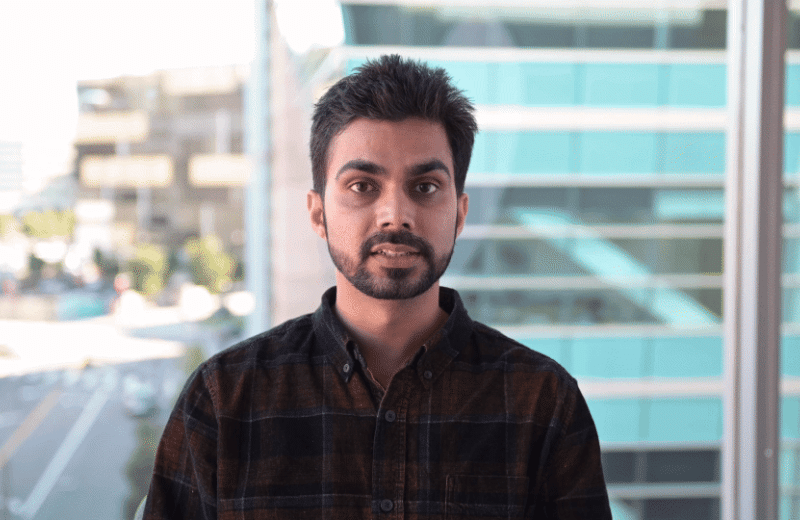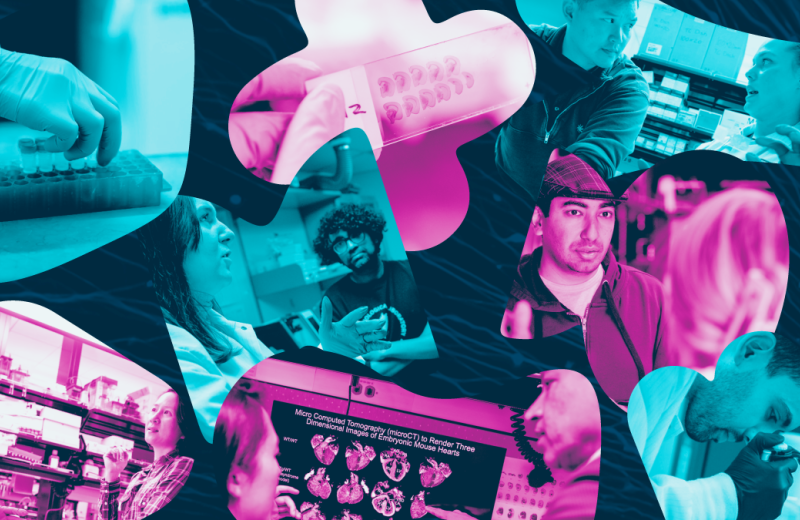Gladstone NOW: The Campaign Join Us on the Journey✕

Dr. Deepak Srivastava, Director of both the Institute of Cardiovascular Disease and Roddenberry Center for Stem Cell Biology and Medicine at Gladstone, has been elected to the Institute of Medicine—one of the highest honors in medical science. [Photo: Chris Goodfellow]
Deepak Srivastava, MD, the Director of the Gladstone Institute of Cardiovascular Disease and Director of the Roddenberry Center for Stem Cell Biology and Medicine, has been elected to the National Academy of Sciences’ Institute of Medicine (IOM).
The IOM serves as both an honorific society and an advisory organization, providing guidance to the government and private sector on matters of healthcare and medicine. Election to the Institute is considered to be one of the highest honors in medical science, identifying individuals who have made major contributions to the field.
“I am honored to be named to this prestigious institution and pleased that this election recognizes the dedication and creativity of the team of scientists I have had the privilege to work with over the last two decades,” said Dr. Srivastava, who is also a Professor of Pediatrics and Biochemistry & Biophysics at the University of California, San Francisco.
Gladstone President R. Sanders “Sandy” Williams, MD, congratulated Dr. Srivastava on the election, saying, “Deepak’s accomplishments in cardiovascular research are exceptional. This acknowledgment of his professional achievements and commitment to service is very much deserved.” Dr. Srivastava joins Dr. Williams, President Emeritus Robert Mahley, MD, PhD, and Director of the Gladstone Institute of Virology and Immunology Warner Greene, MD, PhD, as members of the IOM.
With a background in pediatric cardiology, Dr. Srivastava has led the charge on discovering which genes are essential for the formation of the heart from stem cells in the womb, and which ones are to blame when this process goes wrong in children with cardiac defects. He was also the first to describe the role of tiny molecules in the heart—called microRNAs—which carefully titrate levels of gene activity to control the fate of cells. Dr. Srivastava showed that when cells in the heart get confused about their fate it can result in disease, like when cells in the valve start behaving like bone cells and deposit calcium—a leading cause of heart disease.
He has most recently used the knowledge of how a heart is built in an embryo to create beating heart muscle cells from connective tissue in adult animals, effectively regenerating healthy muscle cells from scar tissue after a heart attack. This research could one day help restore heart function in the over 23 million people who suffer from heart failure worldwide.
Before joining Gladstone in 2005, Dr. Srivastava was a professor in the Departments of Pediatrics and Molecular Biology at the University of Texas Southwestern Medical Center in Dallas.
Dr. Srivastava’s previous honors and awards include election to the American Society for Clinical Investigation, the American Academy of Arts and Sciences, and the American Association for the Advancement of Science.
Meet Gladstone: Shyam Jinagal
Meet Gladstone: Shyam Jinagal
Shyam Jinagal explores how genetics, aging, and regeneration shape the heart—and how those insights could one day restore heart function after injury.
Graduate Students and Postdocs Profile Cardiovascular Disease Srivastava LabGladstone’s Scientific Highlights of 2025
Gladstone’s Scientific Highlights of 2025
From fundamental insights to translational advances, here’s how Gladstone researchers moved science forward in 2025.
Gladstone Experts Alzheimer’s Disease Autoimmune Diseases COVID-19 Neurological Disease Genomic Immunology Cardiovascular Disease Data Science and Biotechnology Infectious Disease Conklin LabDeepak Srivastava Selected to Deliver American Heart Association’s Distinguished Scientist Lecture
Deepak Srivastava Selected to Deliver American Heart Association’s Distinguished Scientist Lecture
Srivastava will present at the American Heart Association’s Scientific Sessions 2025 in New Orleans; the lectureship is a major recognition of excellence by the association.
News Release Cardiovascular Disease Srivastava Lab Genomics Stem Cells/iPSCs



